Introduction
Over time, the relationship between municipal law and international law has been a topic of debate, with each being considered superior to the other at different points. Various theories have emerged to explore this relationship, with jurists offering perspectives that either emphasize the dominance of one over the other or highlight their independence. The key debate centers on whether international law and municipal law should be seen as a single, unified legal system or as distinct, separate entities. This debate has given rise to two main theories: monism and dualism.
Monists view international law and municipal law as part of a single, cohesive legal framework. In contrast, dualists argue that international law only becomes part of municipal law when it is explicitly incorporated into national legislation. The following theories further explore the dualistic perspective on the application of international law within the context of municipal law.
Theory of Specific Adoption or Transformation
According to the theory of dualism, a relationship between international law and municipal law is established when international law is not automatically applicable within a state’s legal system. Instead, it must be transformed or specifically adopted into the municipal law of the state. This theory emphasizes that international law should not merely be incorporated but must be actively transformed or adopted into the municipal legal framework.
The key difference here lies in the process: while incorporation means that international law becomes part of municipal law simply because it is necessary, transformation requires a deliberate act by the state to adopt it into its national legal system. Under incorporation, international law automatically becomes the law of the land, whereas in transformation theory, international law only becomes national law when it is consciously included in the legislature. This is especially relevant for treaties, which, according to transformation theory, must be converted into statutes to be binding under municipal law.
The core idea is that for international law to be recognized as national law by courts, the legislature must transform it into a rule of the state. This process is essential for international law to have legal standing within the country. The theory argues that without this transformation, international law cannot be treated as law within the municipal legal system.
However, this theory has faced criticism, particularly from monists, who argue that the difference between treaties and statutes is procedural rather than substantive. They contend that it is incorrect to say that treaties require transformation to be binding under municipal law. Moreover, the notion that international law binds states while municipal law binds individuals is also challenged as a flawed distinction.
In summary, the theory of specific adoption or transformation suggests that international law only becomes applicable within a sovereign state when the state explicitly adopts it through legislative action. This theory underscores the idea that for international law to have an impact at the national level, it must be intentionally enacted as part of the state's legal framework.
Delegation Theory
This theory emerged as a response to criticisms of the transformation theory. Monists developed the delegation theory, arguing that each state or sovereign has the inherent right, established by international law, to determine the extent to which international law is applied within its jurisdiction. This concept is referred to as the "constitutional rules of international law" or treaties, which allow states to decide when and to what extent international laws should be implemented in their territory, depending on their incorporation into municipal law.
Unlike the transformation theory, delegation theory suggests that there is no need for the specific adoption or transformation of international law into national law. Instead, states accept a single act that brings international rules into effect as needed, without incorporating new rules directly into state law. The responsibility for enacting laws that benefit the state lies with the legislature, and under this theory, the state can implement international law according to its specific needs and requirements.
Critics of this theory argue that it is a reaction against dualism, but it also has its own issues. One major criticism is the ambiguity surrounding the term "constitutional rules of international law," which creates confusion in defining the theory. Additionally, while the theory emphasizes the supremacy of international law, it often fails to clarify the relationship between international and municipal laws. Critics also point out that the theory's suggestion that national laws would not yield to international rules seems unrealistic and unjust. Furthermore, the theory does not fully recognize the sovereignty of each state, which is a significant point of contention.
Case Law
Gramophone Co. Ltd. vs B. B. Pandey
Facts:
The appellant, a renowned manufacturer of musical records, also owned the copyrights to those records. A shipment of pirated copies of these records, manufactured by the appellant, arrived at the port of Calcutta. The appellant discovered that the consignment was from Universal Ltd., Singapore, and was intended for dispatch to Nepal. The appellant filed an appeal under Section 53 of the Copyright Act with the Registrar of Copyrights. This section allows the Registrar, after conducting an inquiry, to order that copyrighted products from an entity outside India should not be imported if they infringe on copyrights in India. Under Section 11 of the Customs Act, 1962, any such infringing copies are prohibited from being imported and must be returned to the source.
Judgment of the High Court:
During the proceedings, it was revealed that the Registrar had not taken the necessary actions required after the appellant filed the application. It appeared that the tapes were about to be released to Nepal. The appellant then filed a writ petition in the Calcutta High Court, seeking a writ of mandamus to compel the Registrar to issue the necessary orders under Section 53 of the Copyright Act and to prevent the release of the tapes to Nepal. The High Court instructed the appellant to analyze the imported cassettes and, if they were found to infringe the copyright, to keep them separately and not release them until further notice.
The consignee appealed, arguing that the definition of "import" under the law does not only mean bringing products into India but also includes incorporating the goods into the local area. After reviewing the treaties between India and Nepal, the court found that there was no importation in the legal sense when the products were brought into India while en route to Nepal. As a result, the court dismissed the appellant's appeal, leading the appellant to seek relief from a higher court.
The case raised the issue of whether international treaties or municipal law provide protection to the aggrieved party when there is a conflict between the two, and whether international law supersedes municipal law in such situations.
Judgment of the Supreme Court:
Justice Chinappa Reddy emphasized the importance of recognizing international law and the authority of municipal law in accepting international norms. He explained that international laws could be accommodated by municipal laws even without specific legislative approval, as long as no conflict arises between them. The doctrine of incorporation allows international law to be considered part of municipal law without legislative action, provided there is no conflict. However, in cases of conflict, municipal law prevails. Additionally, if a particular international law is rejected by Parliament, no national court can enforce it. Courts may interpret national laws to align with international principles, but they cannot endorse conflicting international laws.
In this case, the courts focused on interpreting the law and applying the doctrine of incorporation to determine whether there was a conflict of interest between international and municipal laws. The Supreme Court ultimately held that under Section 53 of the Copyright Act, the definition of "import" includes any transit of goods into India from abroad, not just the entry of goods into the country for commercial purposes. This interpretation was consistent with the international treaties between India and Nepal and did not conflict with state laws. As a result, the Supreme Court overturned the High Court's decision.
Conclusion
The theories and judgments in prominent Indian cases reveal the ongoing conflict between the supremacy of international law and municipal law. Theories like the specific adoption theory and the delegation theory attempt to clarify the relationship between these two legal systems, but they have not achieved universal acceptance. In India, when a conflict arises, municipal law generally prevails, but this does not mean international treaties and laws are ignored. International law remains an independent legal system, with its application in a state dependent on municipal laws and legislative authorities.
The acceptance of international laws varies from state to state, but their importance in governing relations between nations is undeniable. The theories of delegation and specific adoption underscore the significance of international laws and highlight how these theories contribute to a fair legal framework for resolving disputes between nations. The ongoing critique and refinement of these theories are crucial for developing a more universally accepted understanding of the relationship between international and municipal law. Until then, the relationship between the two legal systems remains a complex and evolving issue.
Share
Tags
Archive
Popular & Recent Post






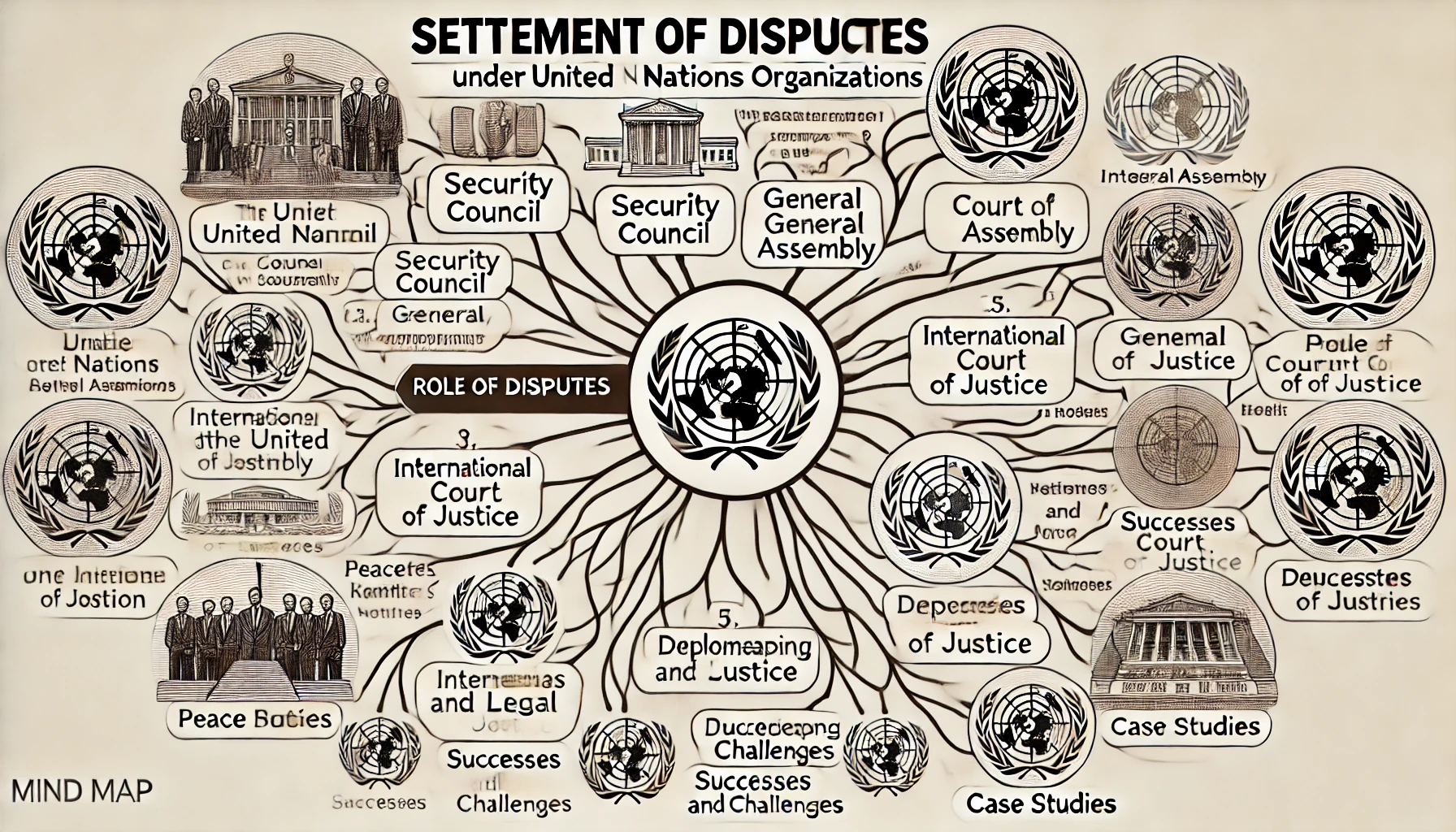
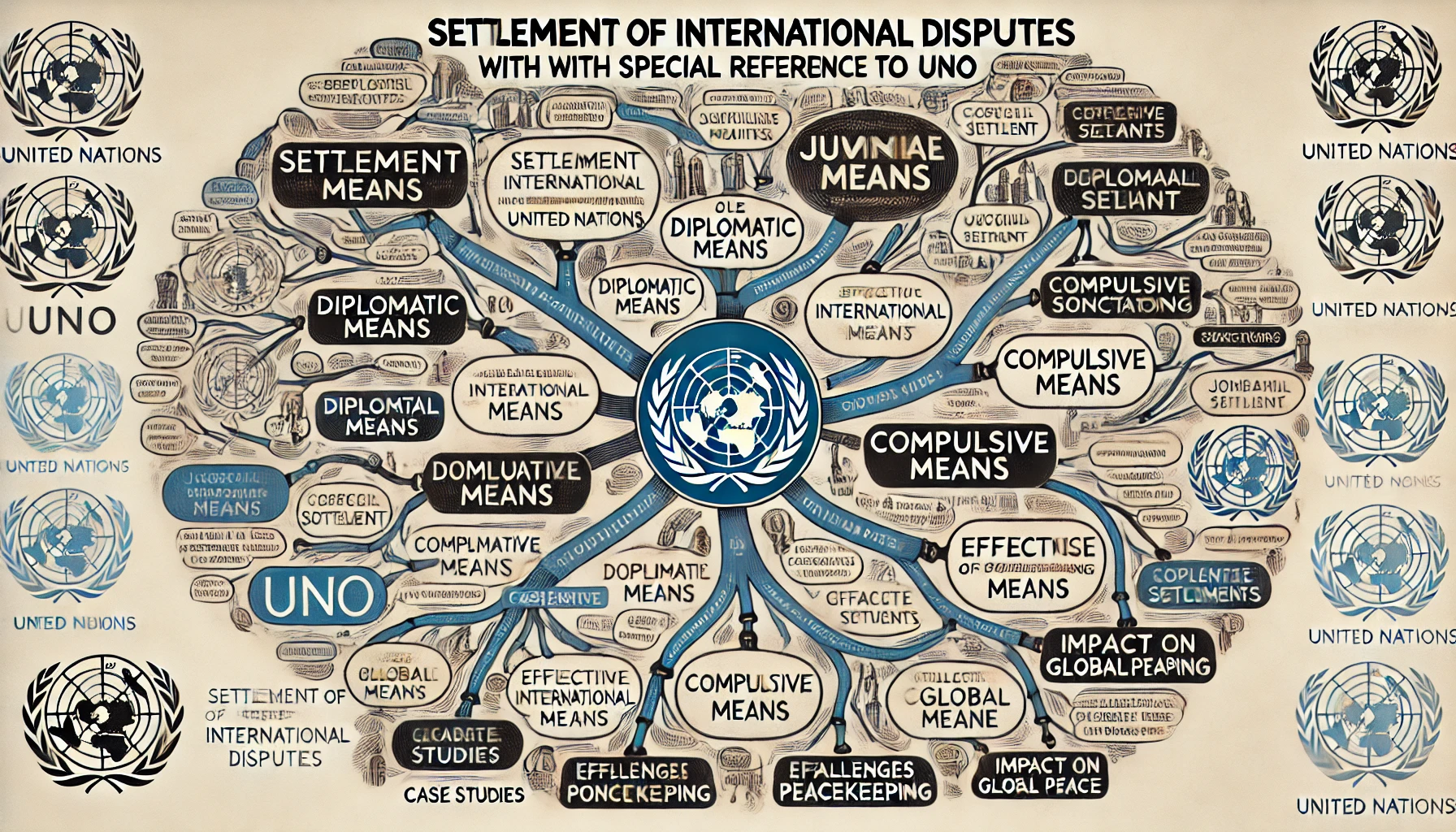
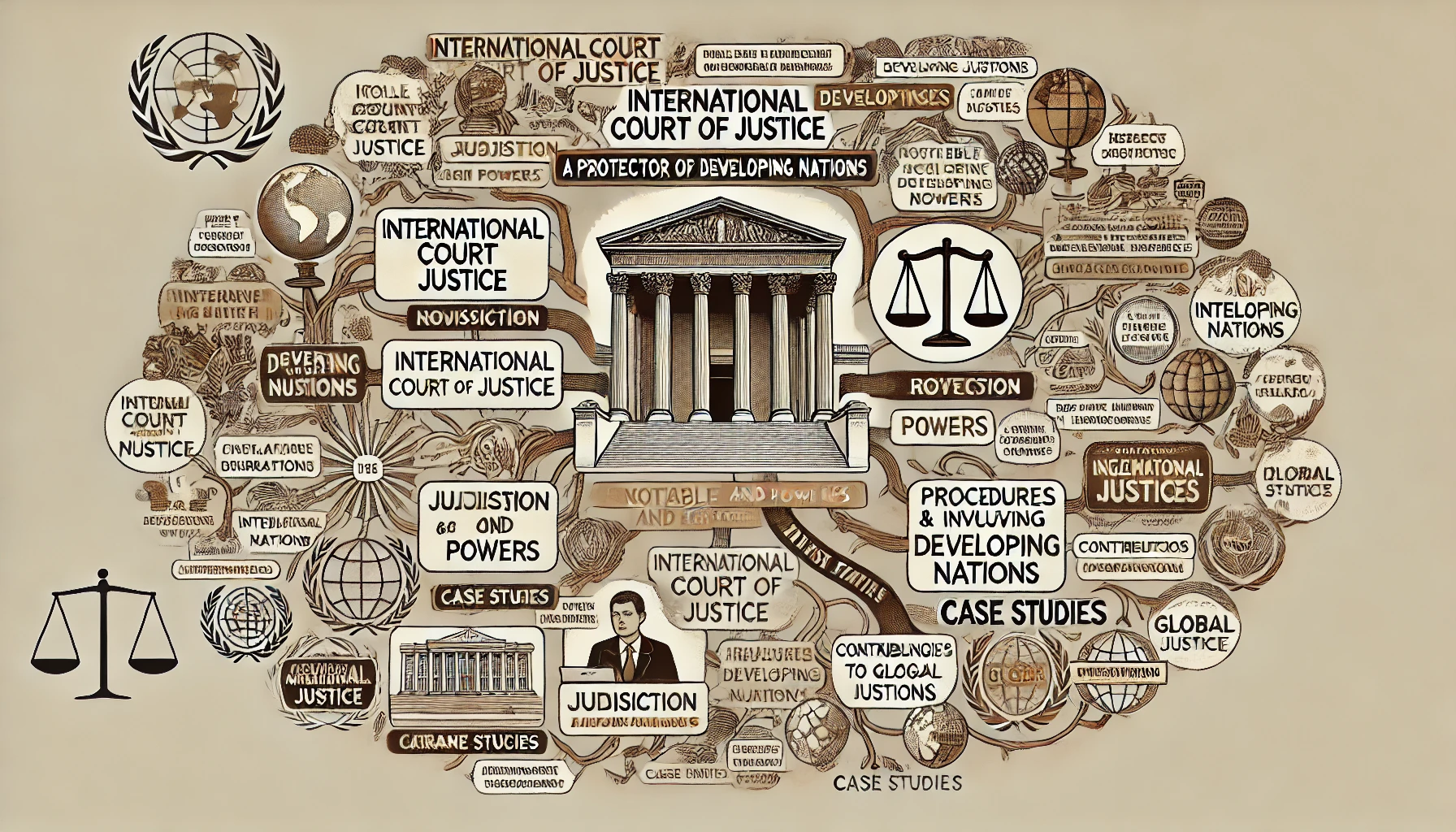
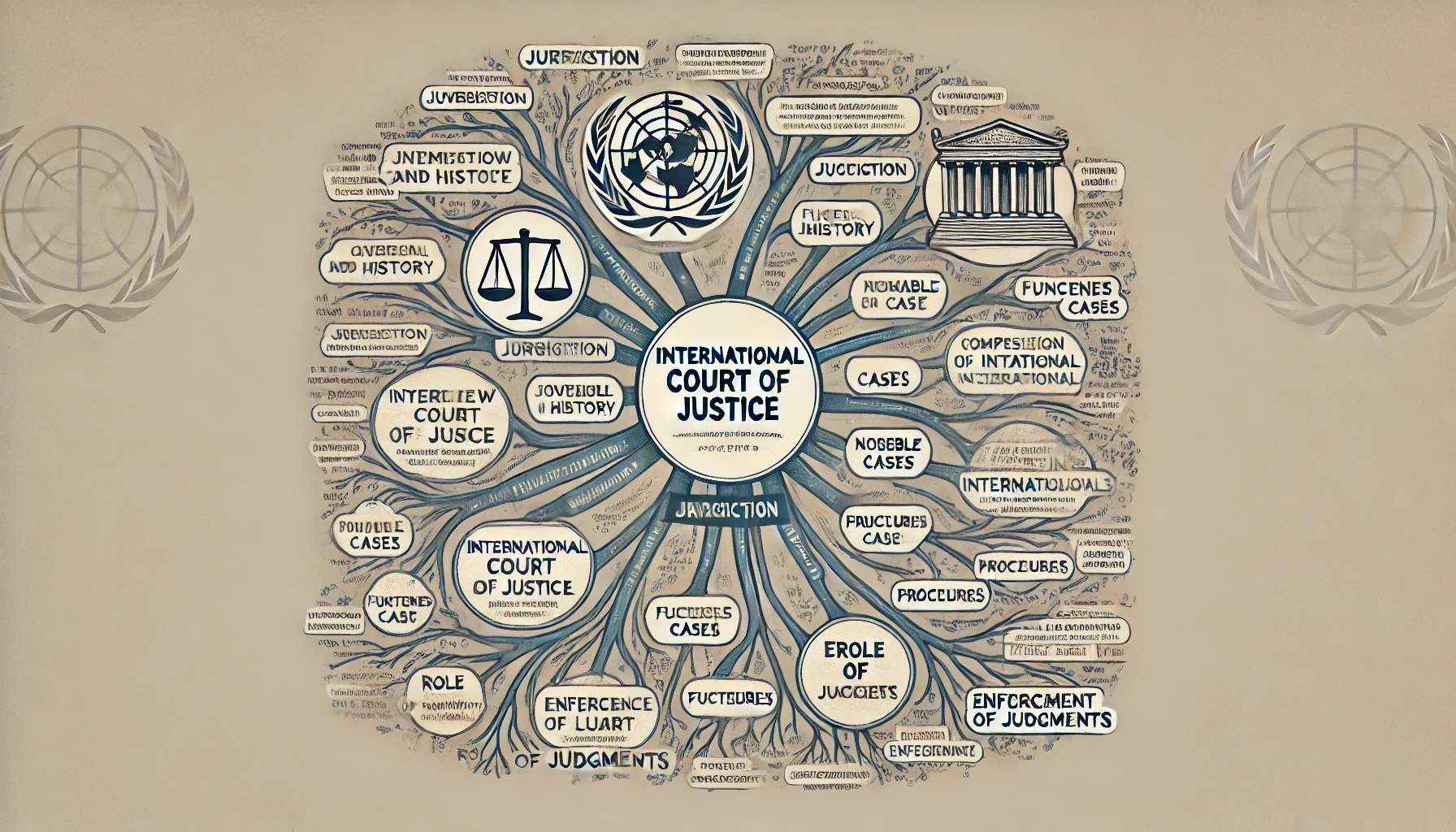
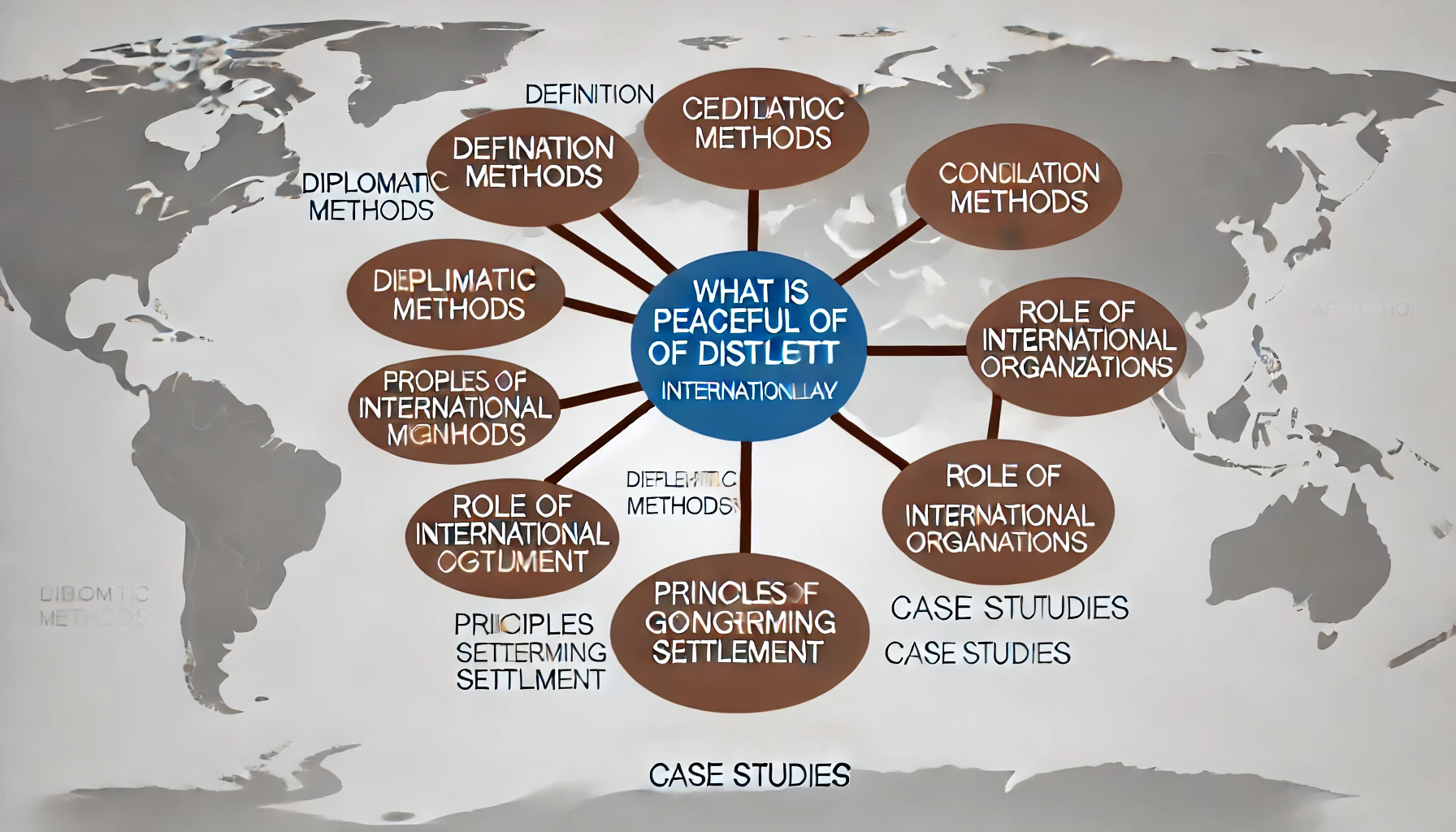

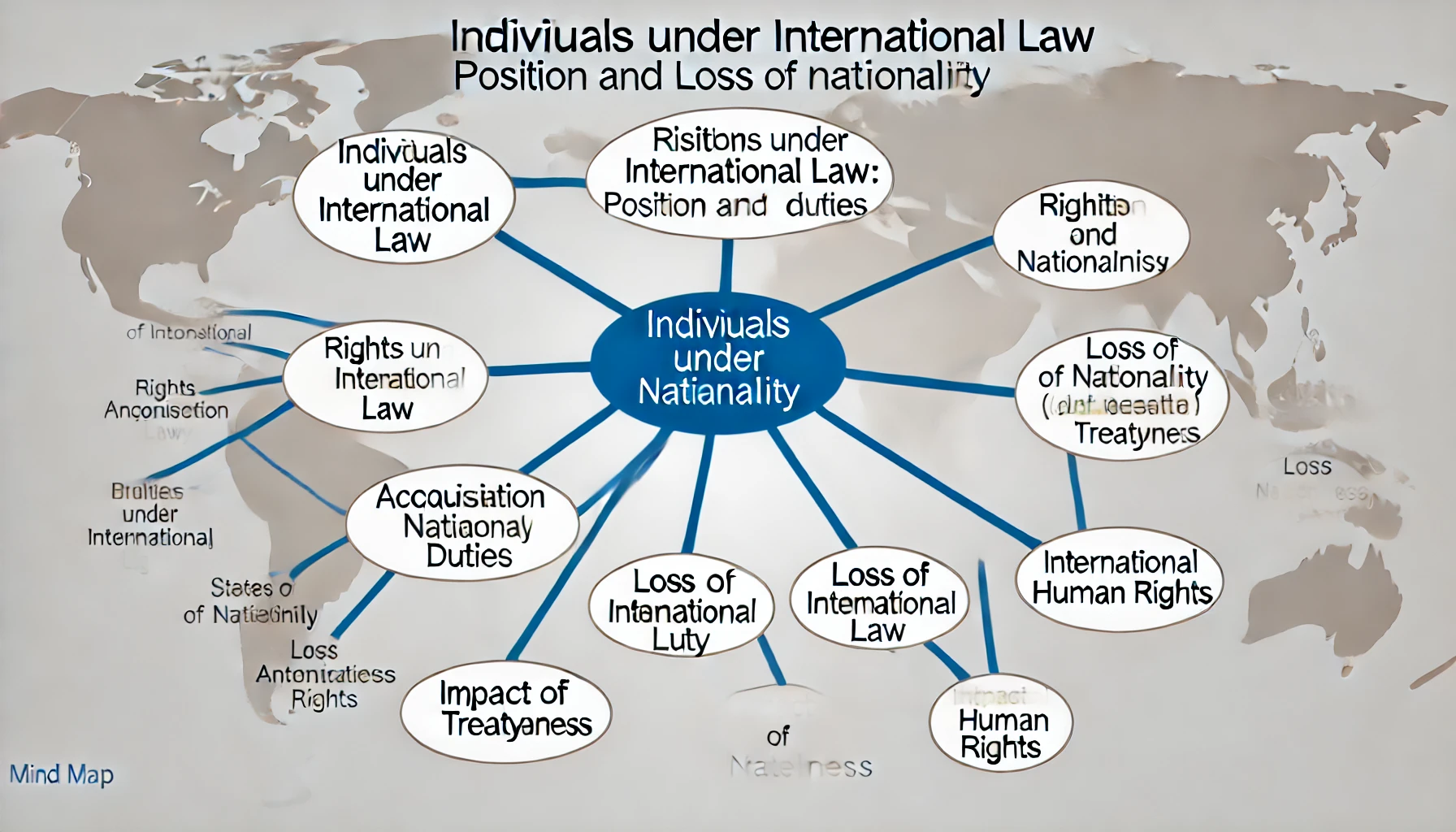
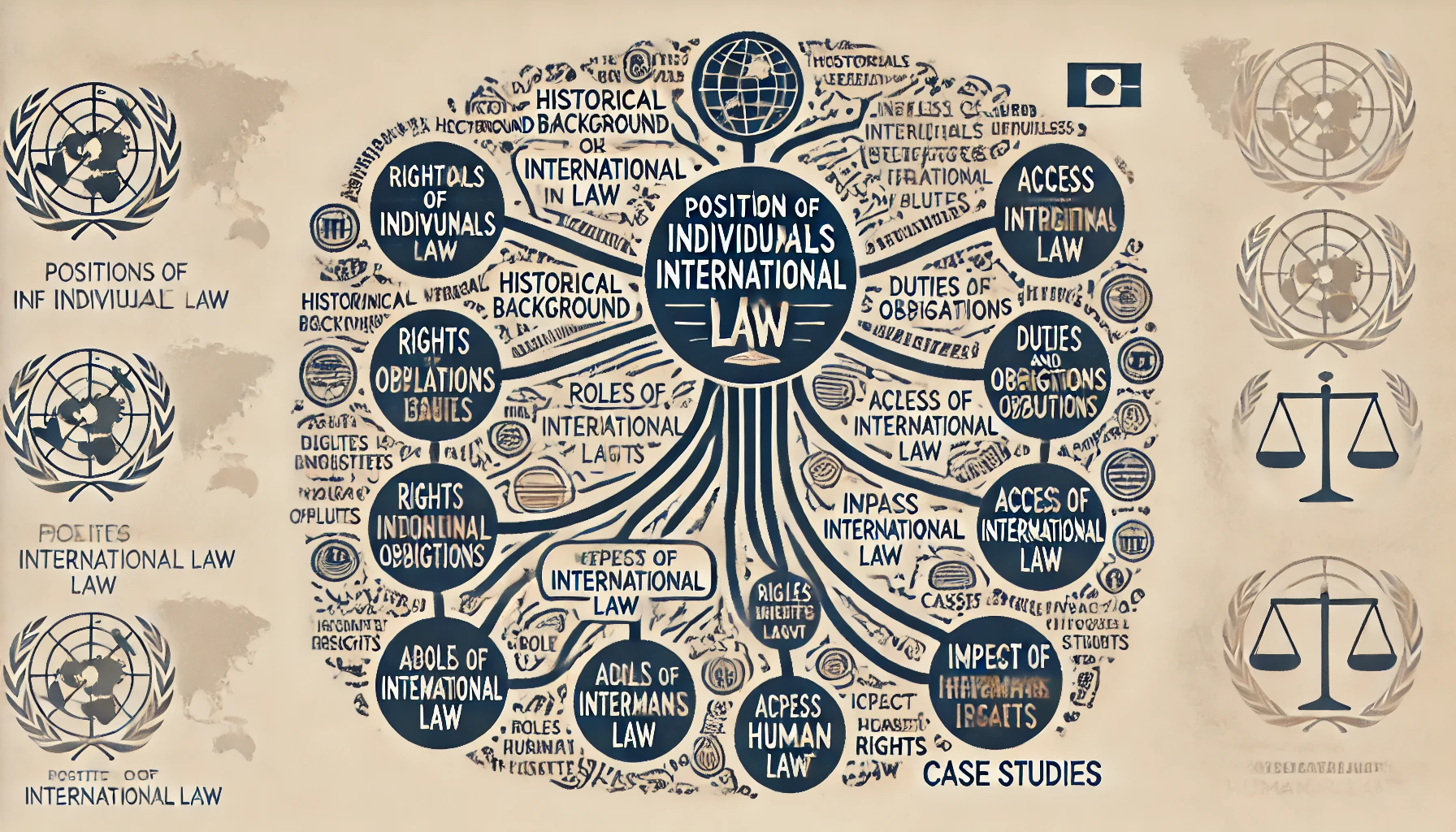
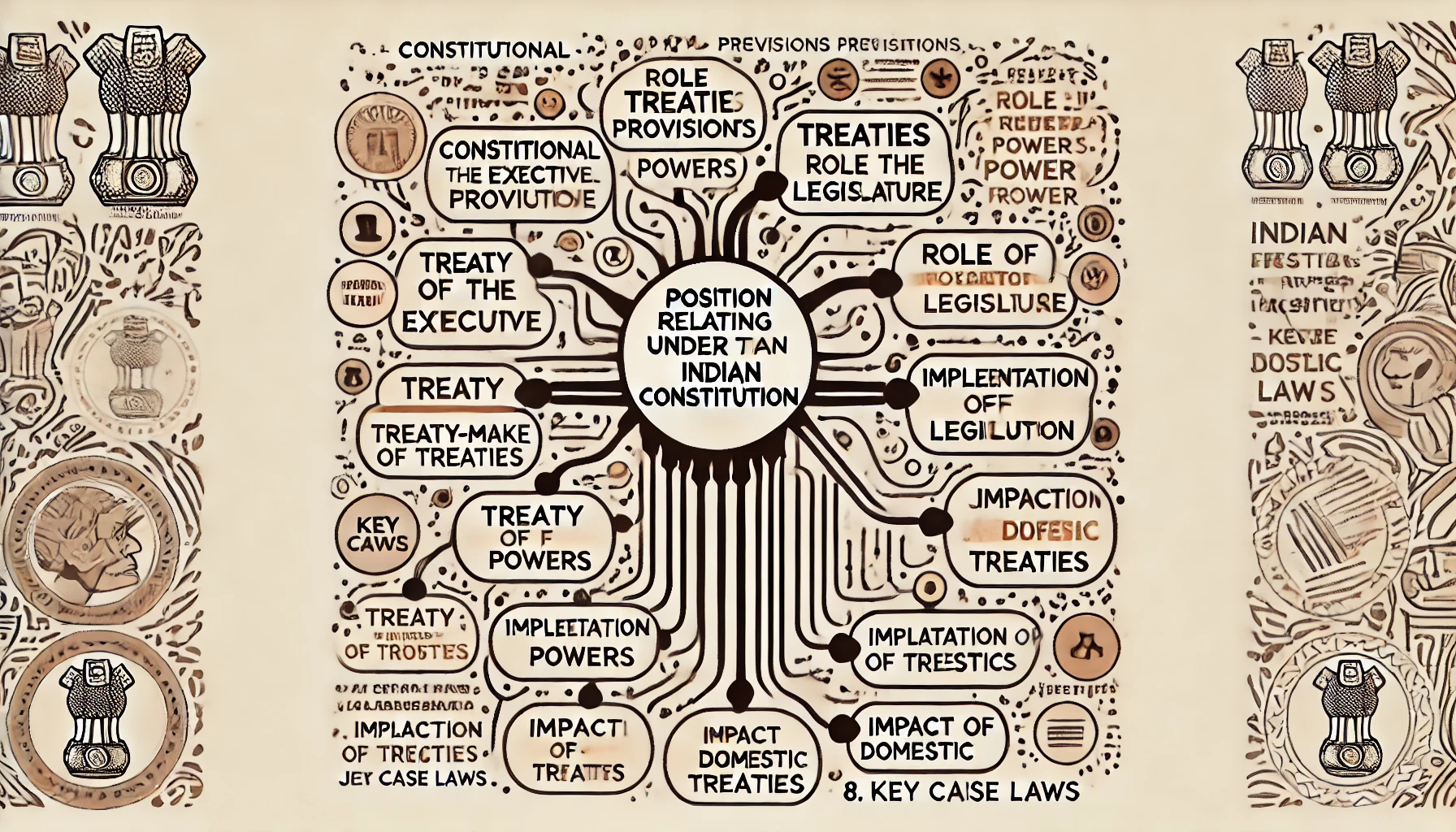

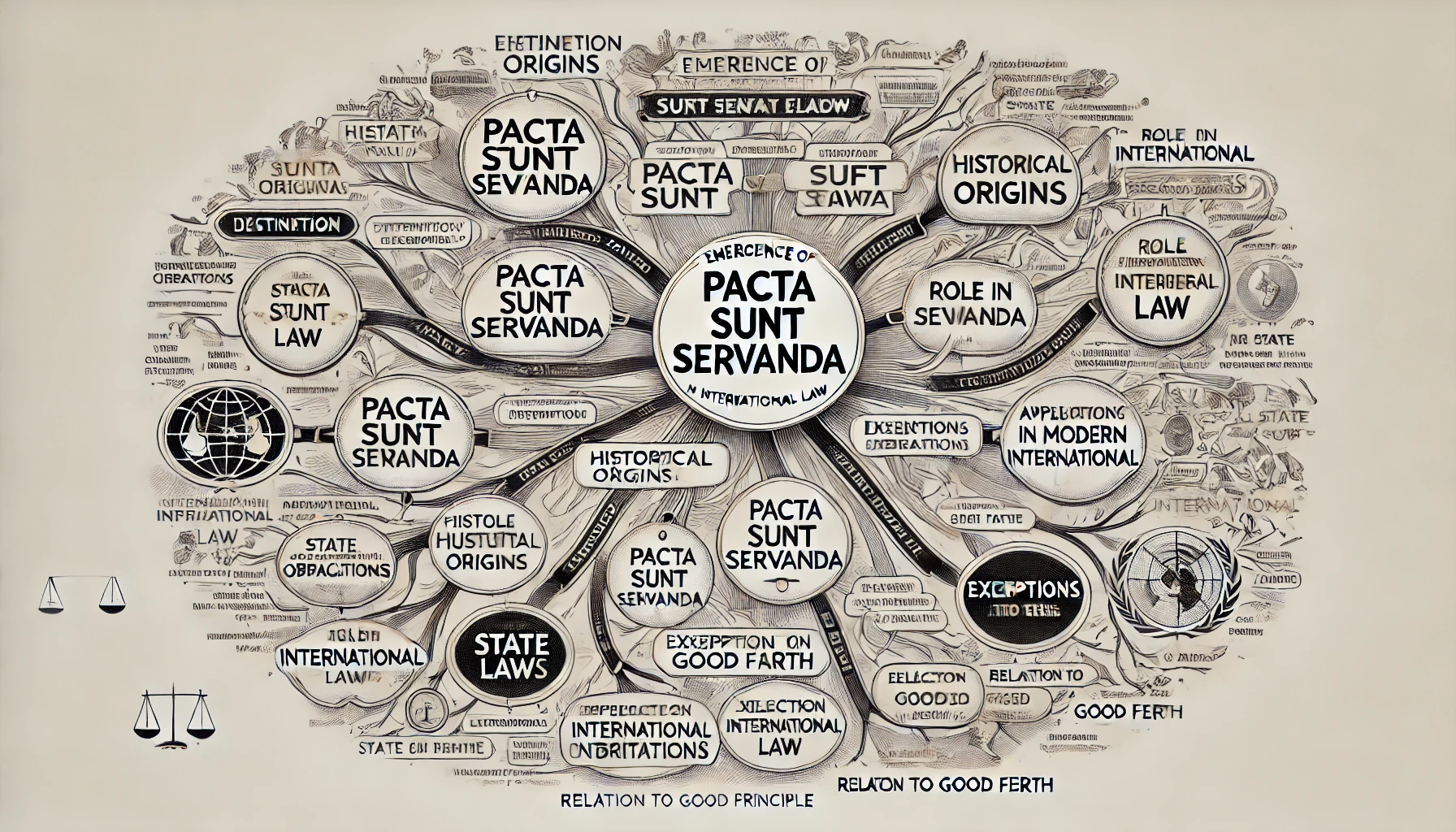
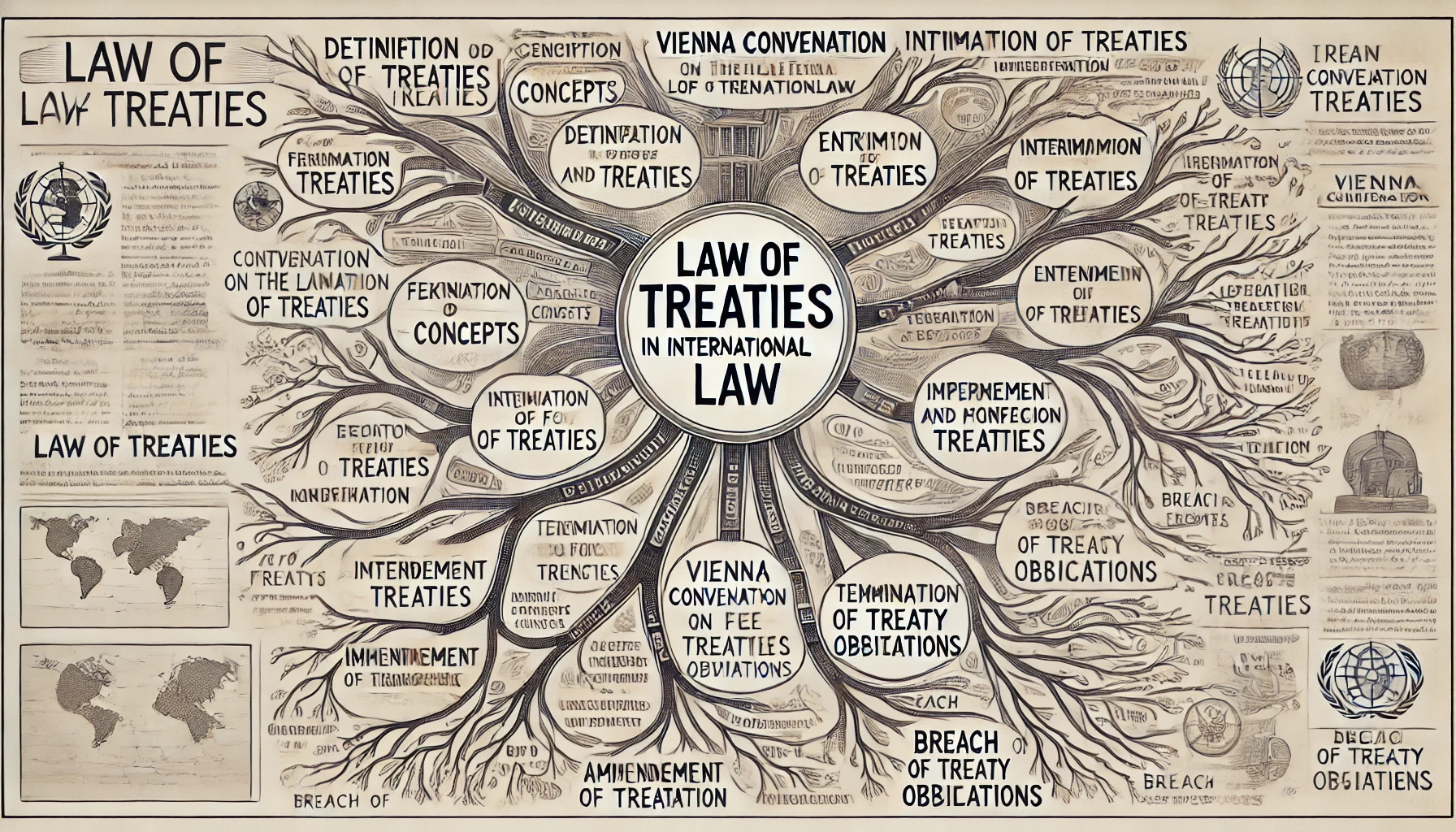
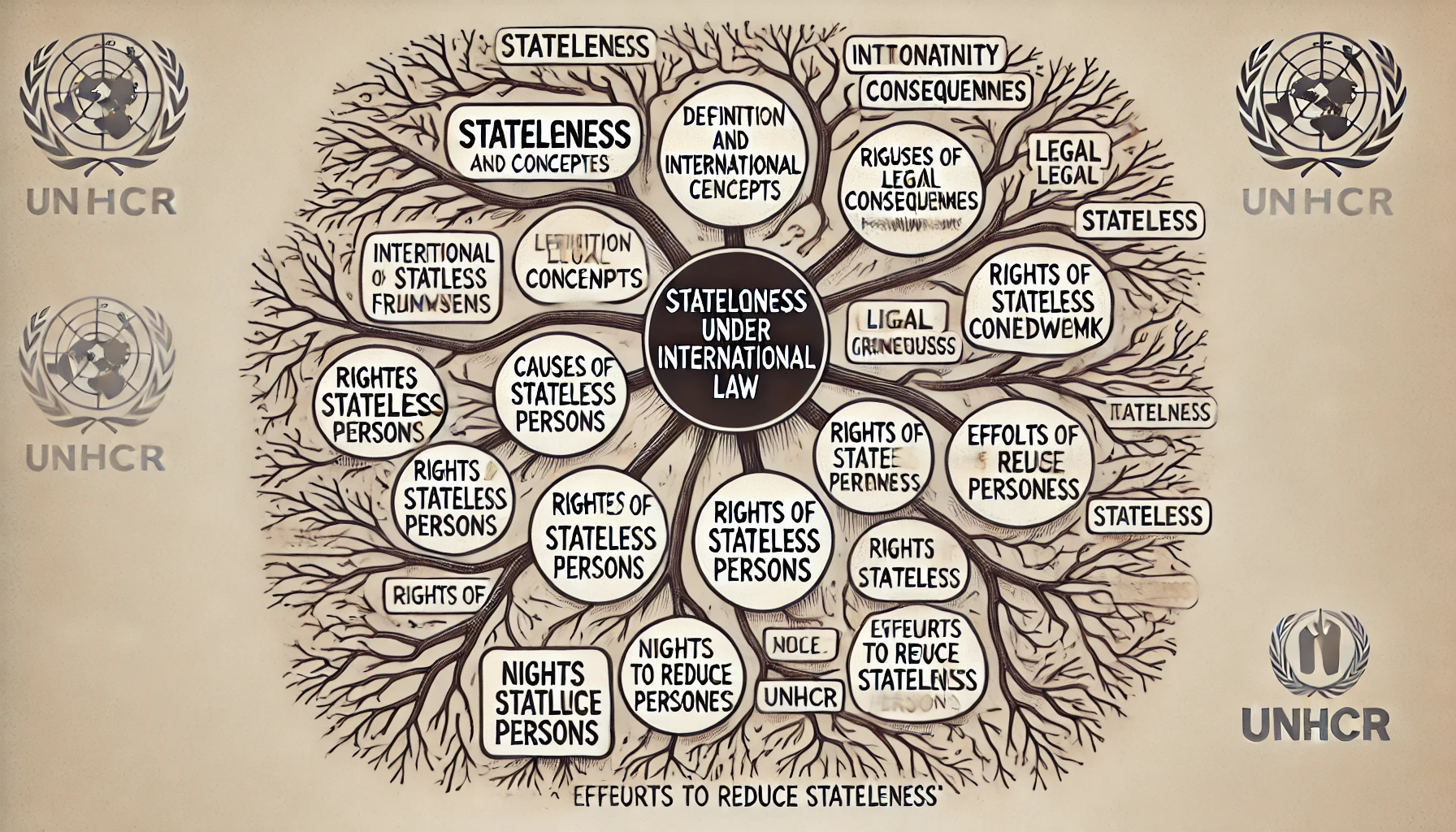
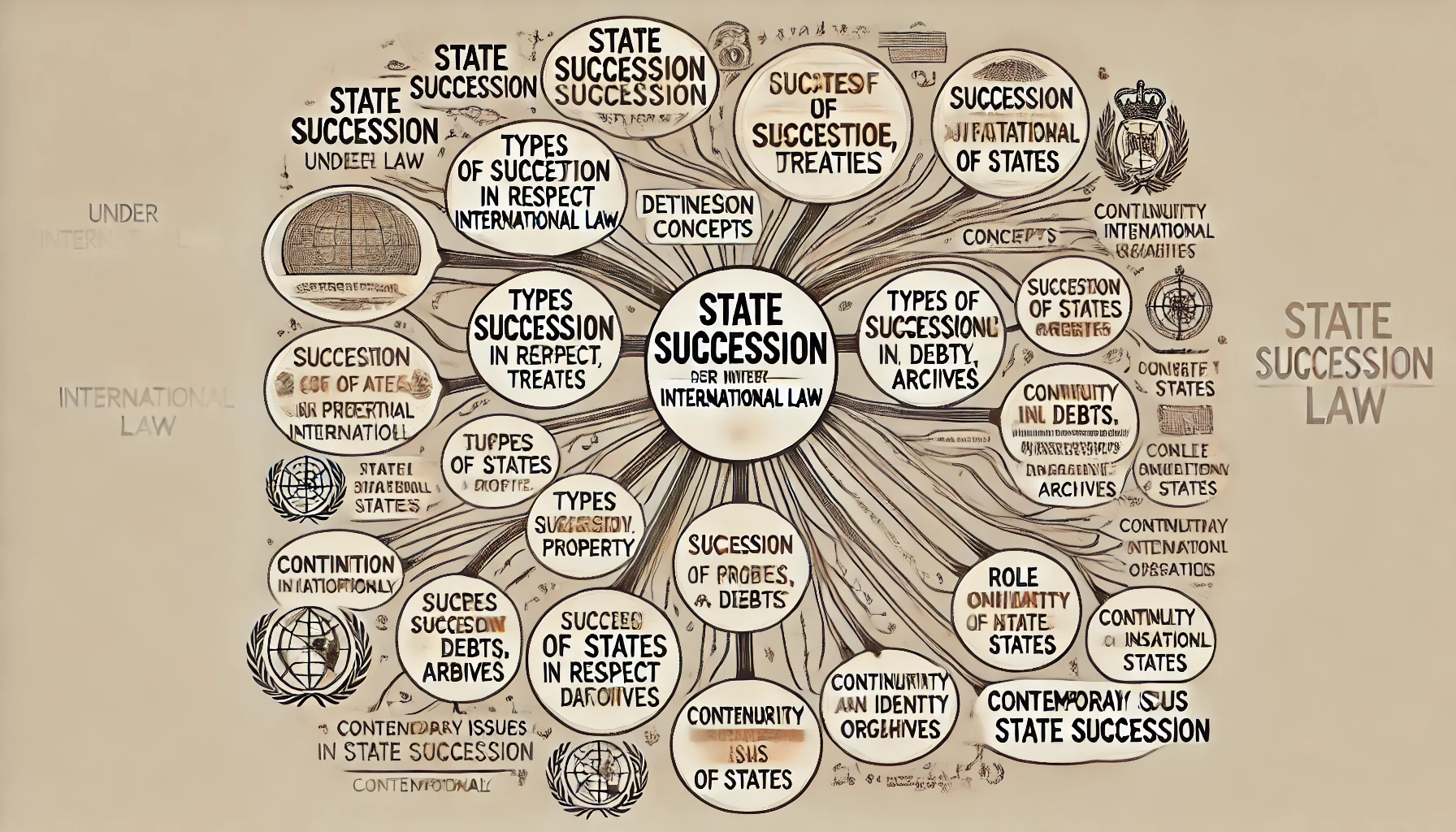
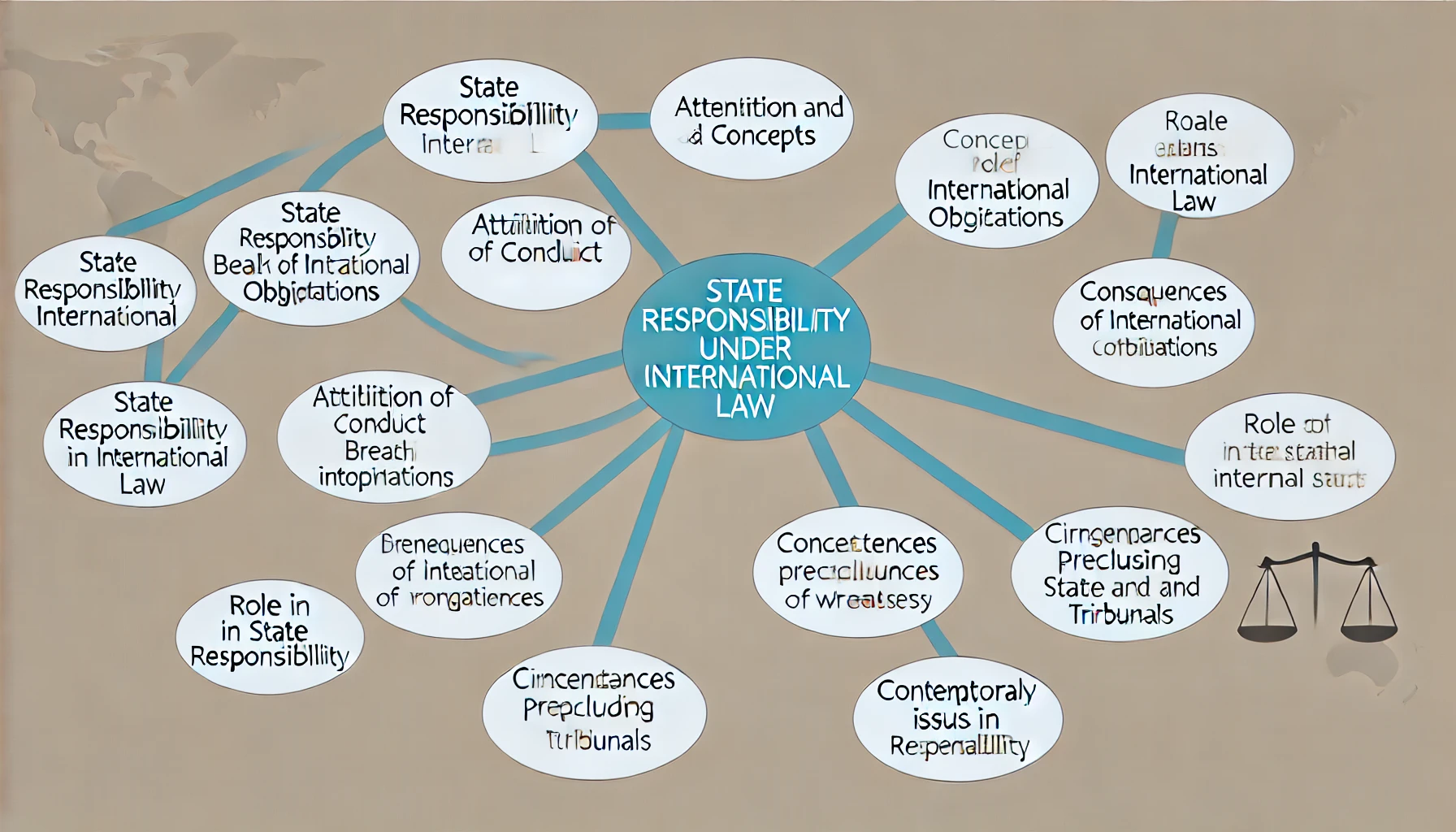

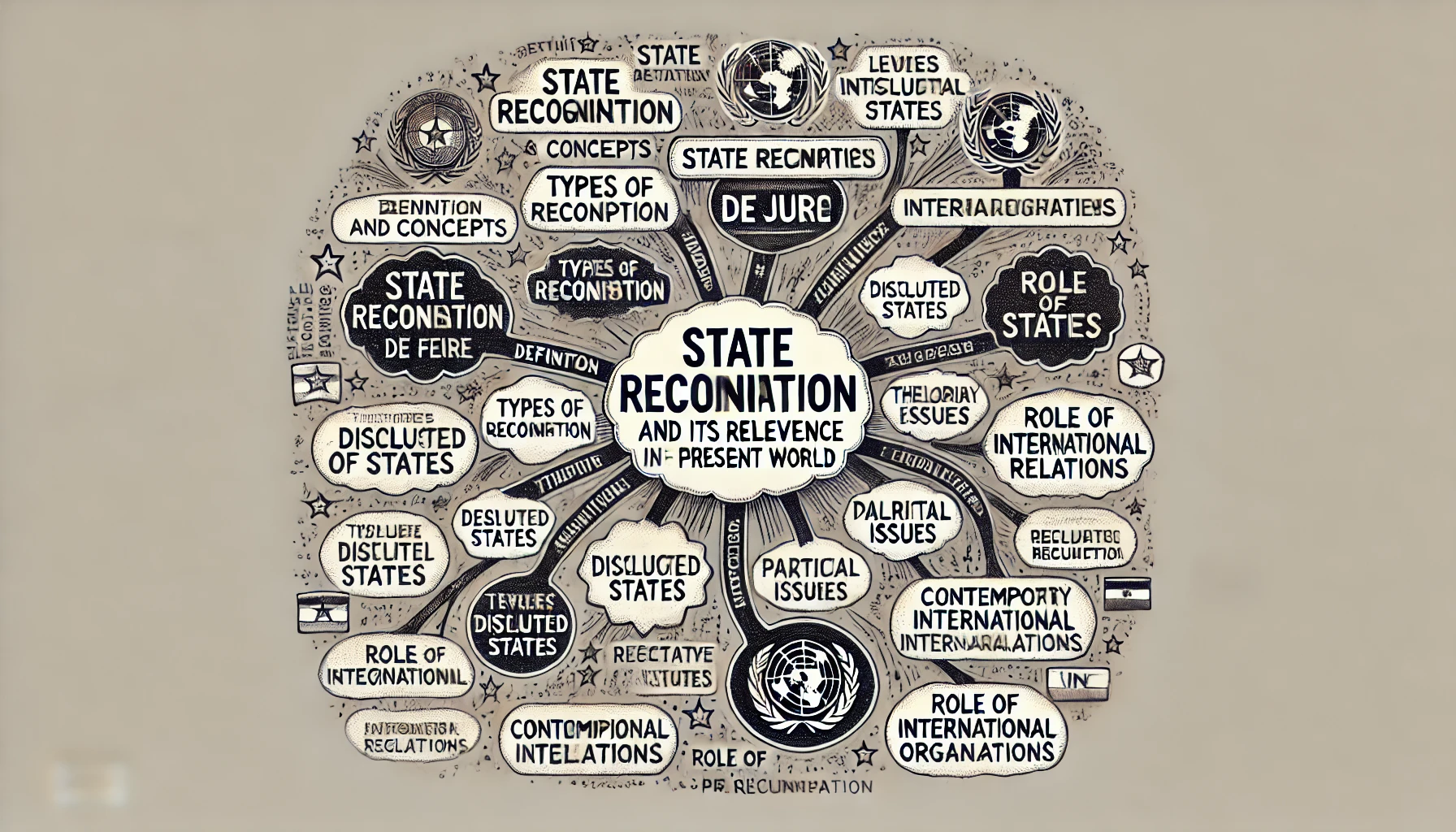

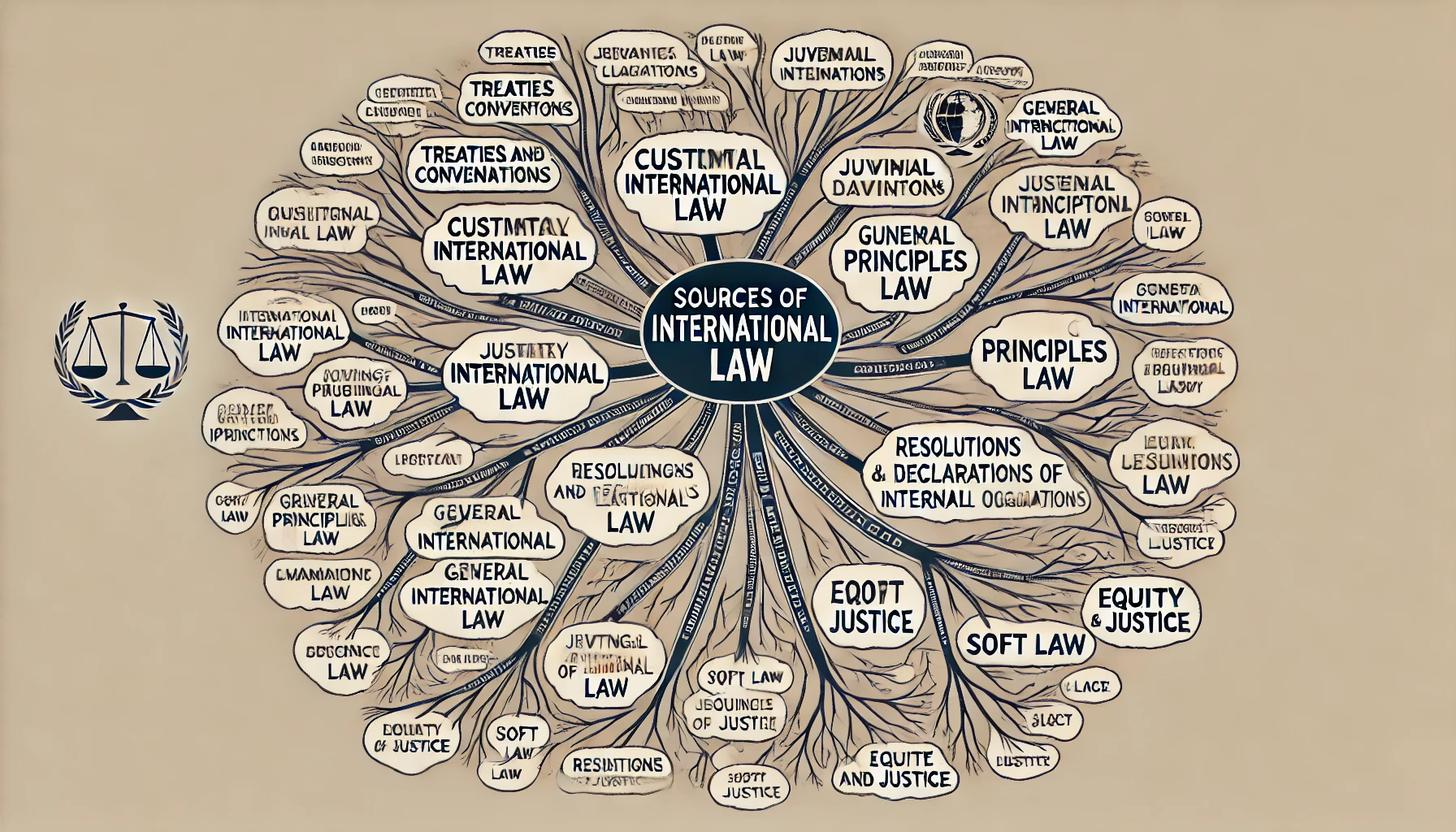
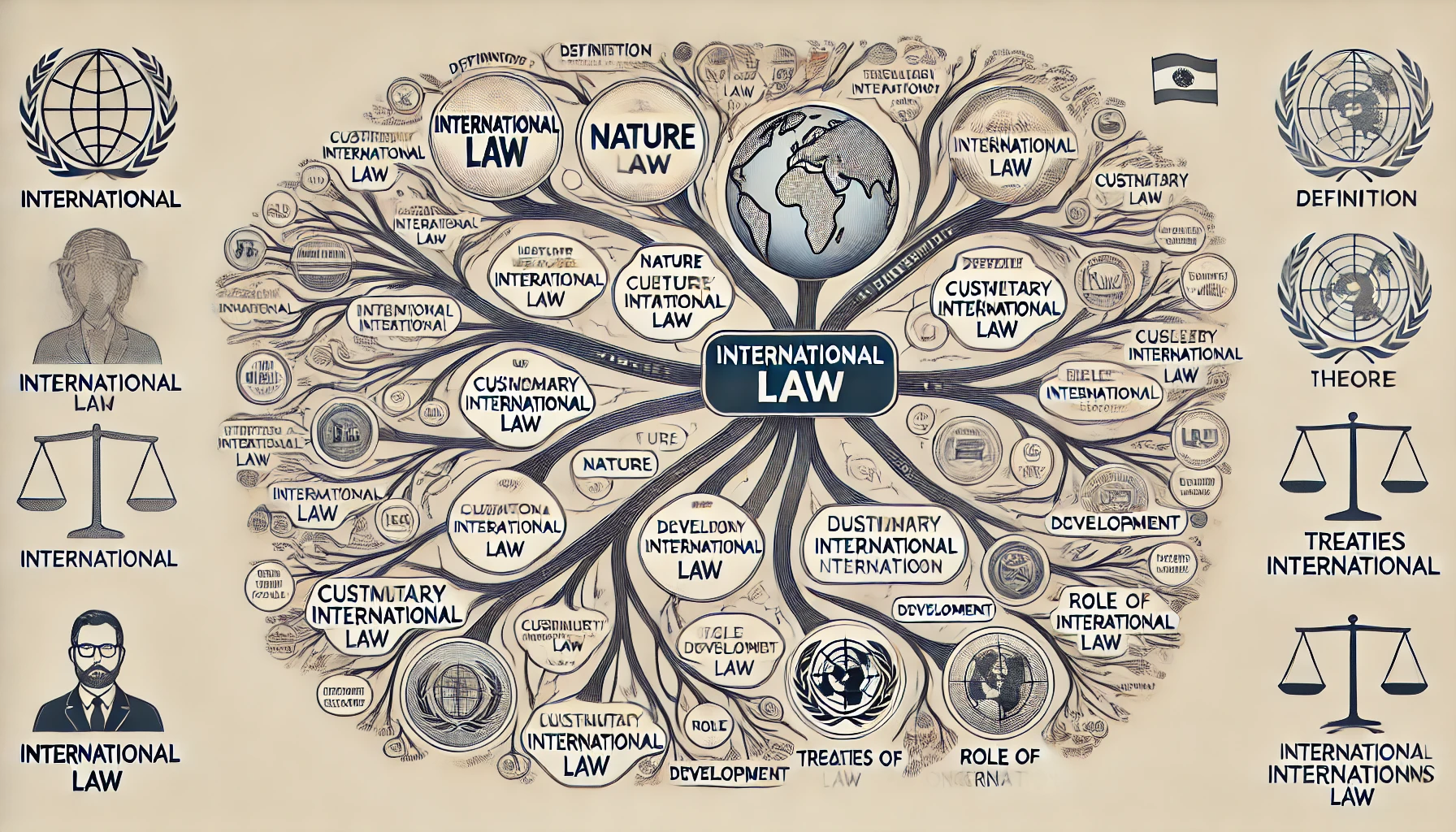
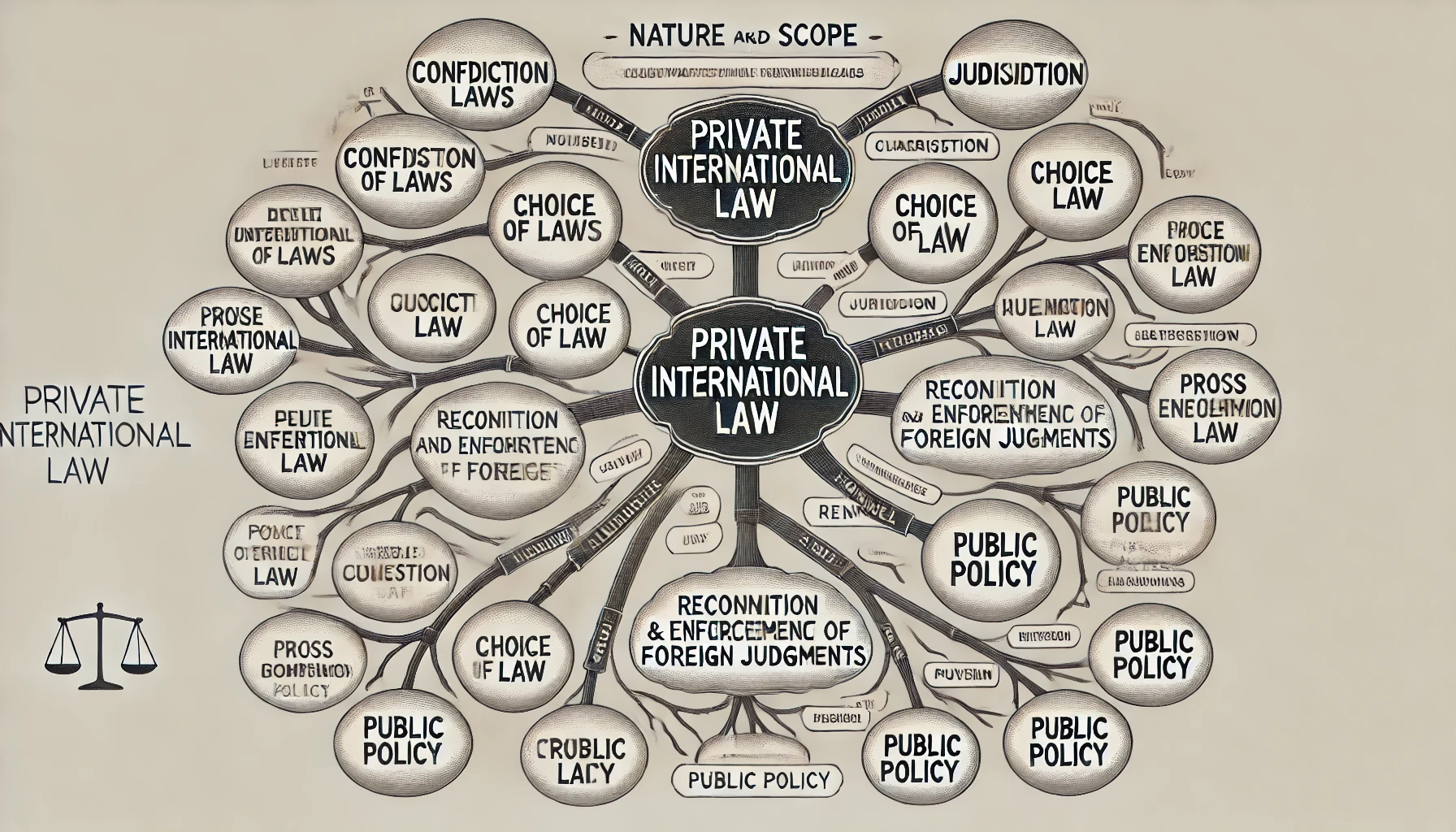


































































































Comment
Nothing for now